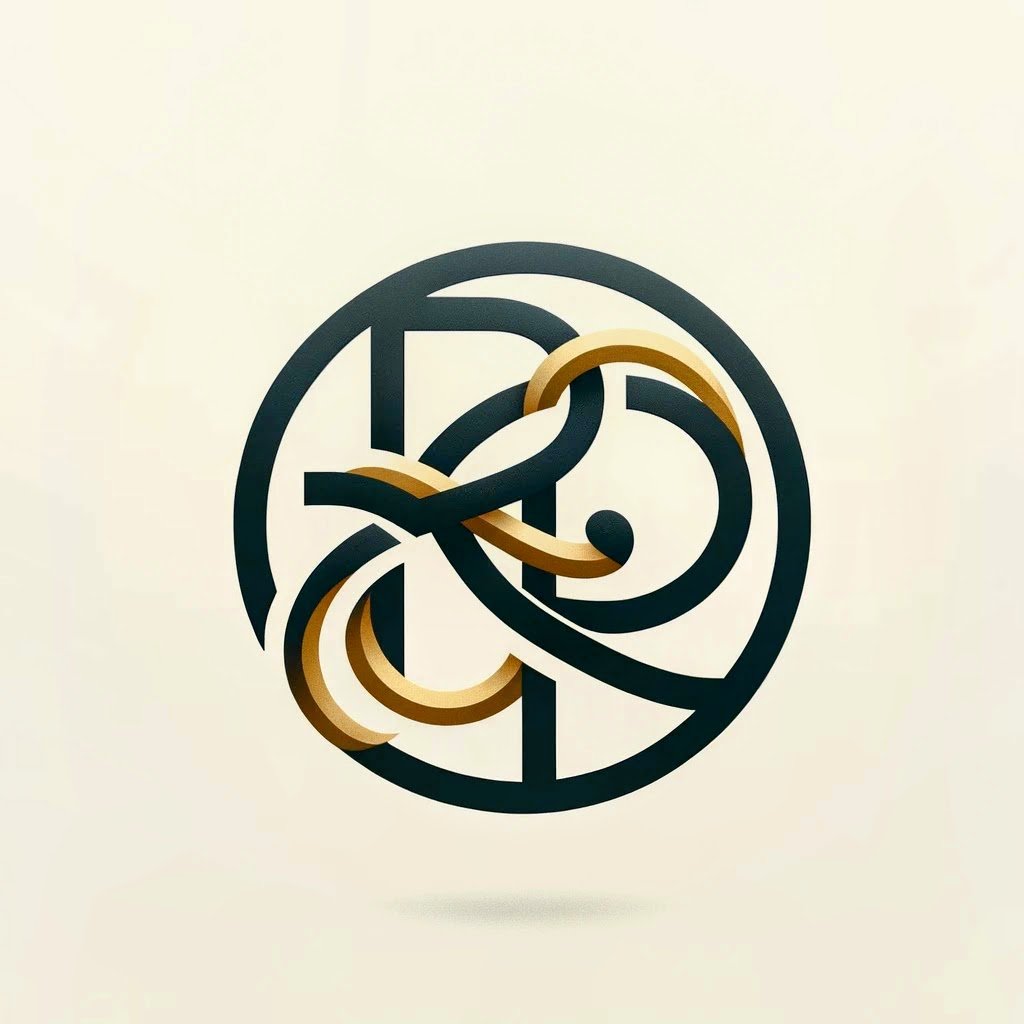Microsoft Surface and Tablet Wars: Part Deux
Before I start my post, I definitely wanted to get out a couple of "I told you so's". I dont get to do them too often. So bear with me. Earlier this year, I wrote a post on 2012 being the year of Microsoft. While there is a lot of 2012 left, Microsoft definitely is making all the right noises. Time will tell if it can translate to good action. I had also written a two-part series [part 1][part 2] last year on some key factors for manufacturers to differentiate and compete with the King, iPad. Microsoft definitely is showing signs of being cognizant of what was really some pretty obvious stuff.Unless you live in a jungle or completely cut off from the Internet (in which case you would be reading this post really late), Microsoft announced its tablet, Microsoft Surface to the world on June 19th at a special event in LA. The tablet is unique in many ways and I wont bore you with the full details. As always, The Verge offers a comprehensive view of the Surface along with videos and hands-on opinions. I will go over the competitive landscape and what is cool and what is not so cool about Surface.The BasicsMicrosoft Surface is a pure tablet play from the Redmond company. It comes in two flavors to complement their respective Windows 8 versions- RT and Pro. The RT addresses the home user with an Nvidia Tegra 3 ARM based solution while the Pro addresses the enterprise segment with Intel silicon. The former is expected to be comparable in price to the iPad while the latter will compete with ultrabooks. They are designed by Microsoft to be the best vehicle to demonstrate the new Windows 8 OS.Microsoft making its own hardwareIn a surprise move, Microsoft has decided to make its own hardware. This is a tricky proposition given that the Windows ecosystem thrives on OEMs to build hardware around Microsoft software and predominantly Intel silicon. Steve Ballmer claims that the Surface is built to serve as a flagship Windows 8 offering and not necessarily compete with those from its partners. But it does compete. Given the amount of attention paid to the design and aesthetics of the Surface not to mention some of the cool tech in it, Surface will potentially affect all other Windows 8 tablet offerings. This will definitely not be received well by partners like Dell, HP, Acer, Asus, Lenovo and like even if they publicly say otherwise.But it is easy to see why Microsoft took this route. They obviously noticed the tremendous success of Apple's iPad and also the lackluster sales of Android tablets and realized the value in a company building both the software and hardware. They also believed that with their expertise in Windows 8 and hardware chops from building the succesful Xbox360 with Kinect and numerous Windows accesories, they could build a challenger to the iPad. They didnt want to start their Windows 8 tablet experience with generic tablets from OEMs. They wanted a standout experience for its new and competely redesigned OS and the Surface made all the more sense to build.The Wildcard or darkhorse- whatever you want to call itIn my opinion, the most unique thing about the Surface is its built-from-the ground-up keyboard offerings to complement the tablet. There are two keyboards that are available. The first is a tablet cover that doubles up as a touch keyboard. The second is a more traditional keyboard that magnetically attaches as a cover to the tablet. Both keyboards are integral to the Surface experience and will offer a panacea to business minded users who miss a keyboard on the iPad. If the value of a good keyboard integrated with the tablet experience is what it is claimed to be, Microsoft definitely has a game changing accesory in its hands.Tablet WarsThe Surface is expected to compete with the iPad, Kindle Fire and Android tablets- especially the new one Google is expected to announce next week at Google I/O. The iPad is obviously far and away the leader in the segment. The Kindle Fire showed that if priced and positioned right, Android tablets can sell. But other Android tablet OEMs have had difficulty selling their tablet products due to lack of differentiation, pricing and lack of tablet only apps. Unlike the raging success of Android phones, the tablets are a sore point Google is looking to address with its Nexus next week.Microsoft is hoping to start off as a good No.2 to iPad's No.1. This will happen if and only if Windows 8 takes off and more importantly, app developers start building apps for the new eco-system. By integrating their platform, Microsoft is hoping to lure both mobile and PC app and software makers to the same party. Given the lack of success of Android tablets, there is a good window of opportunity for Microsoft to wedge itself in.Why announce now?The first question that comes to my mind is why announce a product so much in advance of its release. There is no specific launch date but for a nebulous Fall possibility tied to that of Windows 8. Announcing a product so much in advance has its advantages. It allows Microsoft to fully evangelize the product and the platform. The early response is very positive and Microsoft can capitalize on it and get developers on board. It can also make consumers think before they commit their money to any other tablet offering.On the flip side, announcing so much in advance smacks of fear that it was done to avoid the possible hype for the upcoming Google Tablet. The timing definitely is suspect in that regard. Lack of pricing information is also worrisome. While consumers have lapped up the $499 and above iPad by the droves, all other tablets have failed at that pricepoint. By pushing the boundary on what the consumer will pay for a non-iPad tablet, Microsoft is taking a big risk and maybe the early announcement allows people to get excited about the product before the ball is dropped on the price. So...I think Microsoft has taken a good first step in building up interest in its Windows 8 platform and in starting to correct some of its missteps from the past years. The Surface if nothing else shows Microsoft is here to compete against the big boys, odd as it sounds. It all comes down to execution and if done well, the Surface will offer a real and meaningful alternative to the iPad.

